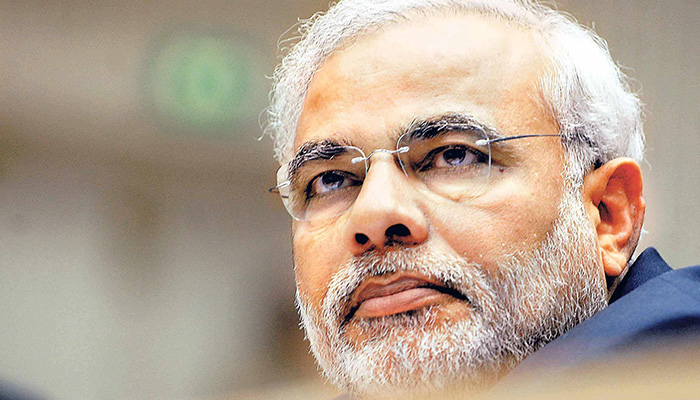Two aspiring law students, belonging to the general category, have moved Calcutta High Court with a writ petition challenging the constitutionality of the law mandating 30% domicile reservation for admission in West Bengal National University of Juridical Sciences (WBNUJS).
Two aspiring law students, belonging to the general category, have moved Calcutta High Court with a writ petition challenging the constitutionality of the law mandating a 30% domicile reservation for admission in West Bengal National University of Juridical Sciences (WBNUJS).
Being prospective candidates at NUJS, these students from Delhi and Mathura have challenged the vires of the West Bengal National University of Juridical Sciences (Amendment) Act, 2018 (Amending Act) which introduces Section 4A to the original WBNUJS Act, 1999.
This amendment necessitates reservation for students domiciled in the state of West Bengal to the extent of at least 30% of the total admissions from the academic year 2020-21. The petitioners outrightly contend that the Amending Act is in violation of their rights guaranteed under Articles 14, 15, 19, and 21 of the Constitution of India. Thus it is sought that the amended provision is struck down as unconstitutional and the notification issued by the University giving effect to the amendment be quashed.
In terms of the amendment passed by the West Bengal assembly in 2018, the State Government decided to implement the reservation from the admissions in 2020.
Arguing that the amendment violates the 50% rule of reservation in spirit, the petitioners point out that after the introduction of 30% domicile reservation, only 44 seats out of a total of 127 seats will be available for Open Category/General Category students.
With 30% domicile reservation and other existing categories of reservations (SC/ST/OBC/EWS/Foreign National, PWD), the available open category seats will be only at 34.64 % of the total number of seats, urge the petitioners.
"The Supreme Court in a host of judgments has held that in institutes of higher learning, merit should be the sole criteria for admission", avers the petition.
Moving on, it is strongly urged that the WBNUJS Act, 1999 confers autonomy to the University and the West Bengal Government cannot arbitrarily alter the policies relating to WBNUJS without following the procedure established under the statute.
Referring to provisions of the 1999 Act, the petition points out the roles and powers of the Executive Council as well as the Academic Council of the University, which include authority to review the functioning and administration of the WBNUJS. Arguing that the Executive council (nor the academic council) of NUJS never discussed or approved the amendment, it is contended that "the 2018 Act is contrary to the WBNUJS Act, 1999 since it was not passed pursuant to the resolutions of the General Council of NUJS which has been specifically empowered to make policy decisions in respect of the University in accordance to the 1999 Act."
Claiming that the Amending Act was passed in haste, without following the procedure laid down under the WBNUJS Act, 1999 the petitioners argue that effectively the State Government has usurped the jurisdiction, authority, and powers of making policy decisions in regards to WBNUJS.
The amendment is "arbitrary, unconscionable and in conflict with the WBNUJS Act, 1999 as it is well settled that where a statute provides for a thing to be done in a particular manner, then it has to be done in that manner, and in no other manner."
Highlighting the grave urgency in the matter, it is argued that the application process is closed and the Admission Test is to be conducted shortly. In this light, if the reservation policy is allowed to be implemented it would lead to the creation of third-party rights which would gravely and irretrievably prejudice the rights of the Petitioners. Thus, seeking interim relief in the form of a stay in the implementation of the policy, it is argued that in case the same is not granted, it would cause irreversible damage to the aspirant law students.
The petition, drafted by advocates Fauzia Shakil and Rohit Das, and filed two weeks ago by advocate Indradip Das, is likely to be listed this week. CLAT 2020 is scheduled for September 28.
Notably, the High Court of Karnataka on Tuesday passed an interim order to stay the National Law School of India University (NLSIU) Amendment Act 2020 passed by the Karnataka Assembly to grant 25% domicile reservation to Karnataka students in NLSIU, Bengaluru.
The court has also stayed the 5 percent concession on the cut-off score in the admission test to students of Karnataka which was introduced by NLSIU by a notification dated August 4 for granting the impugned reservation.
The horizontal reservation proposed for students from Delhi-NCR in the National Law University, Delhi, was also stayed by the Delhi High Court in June this year.


Comments